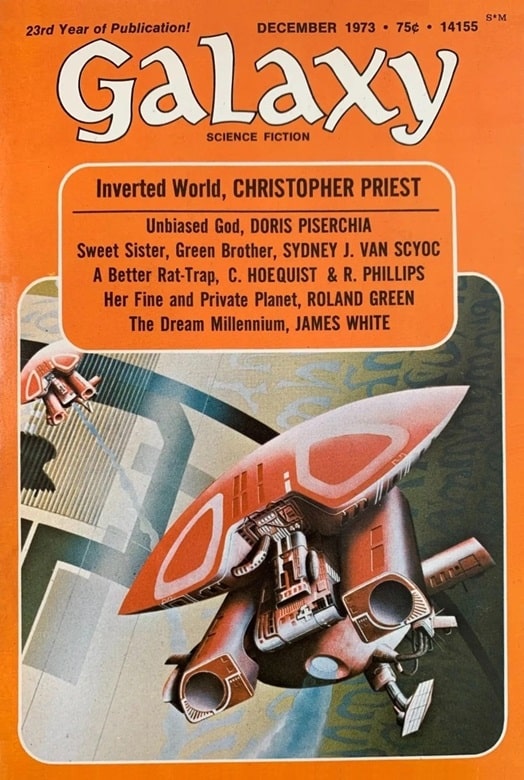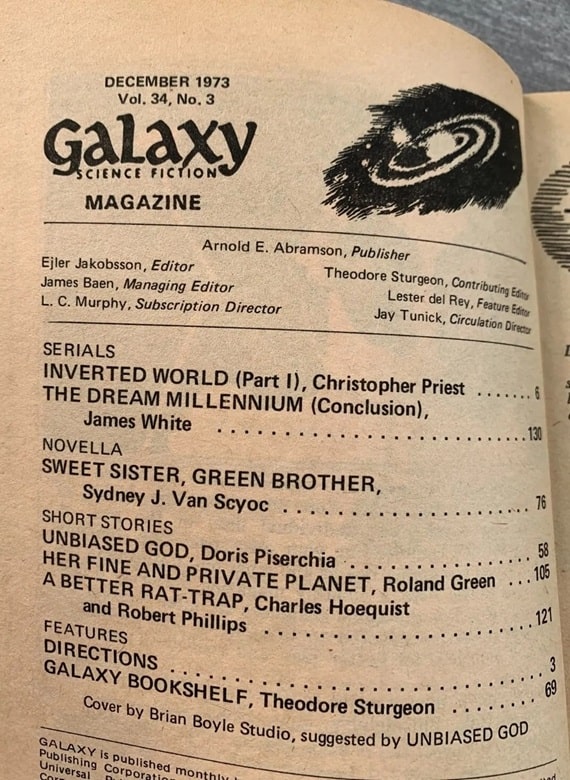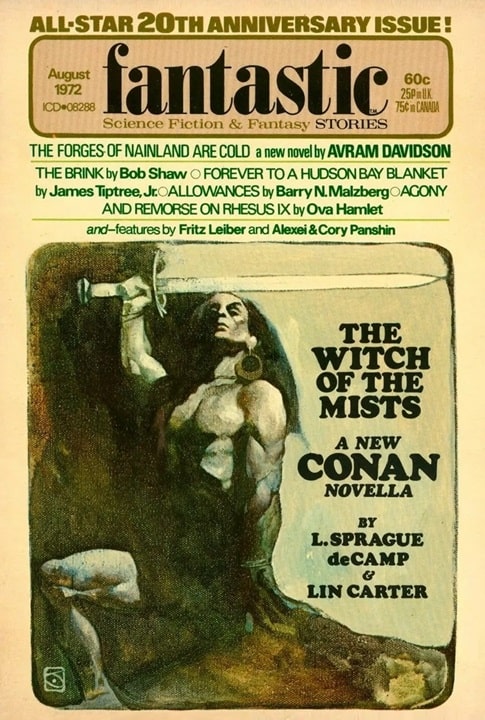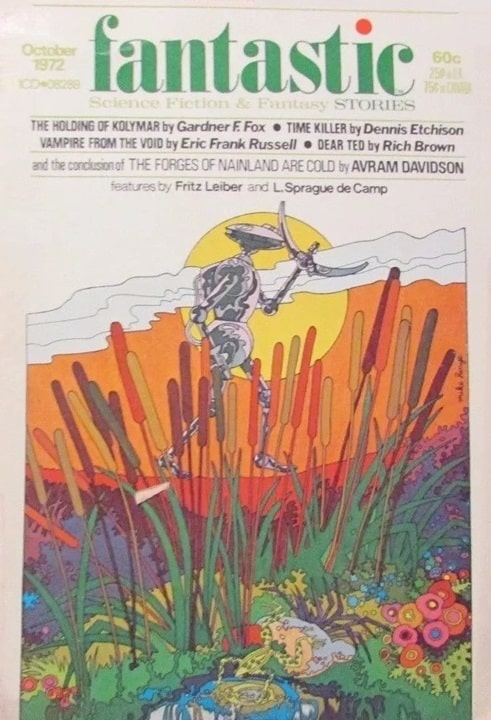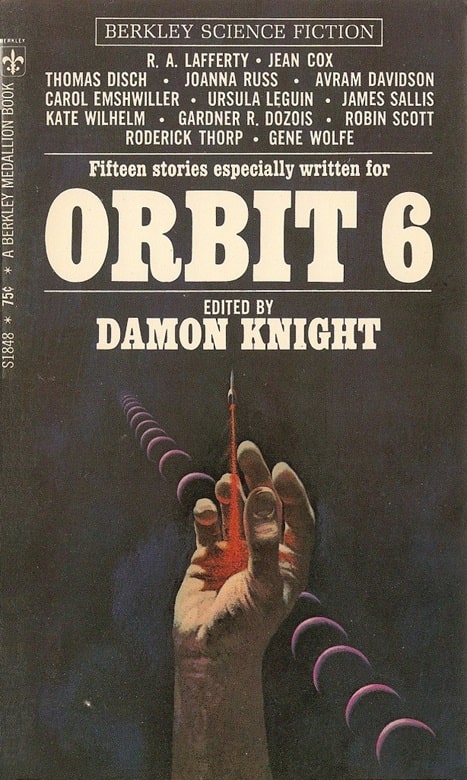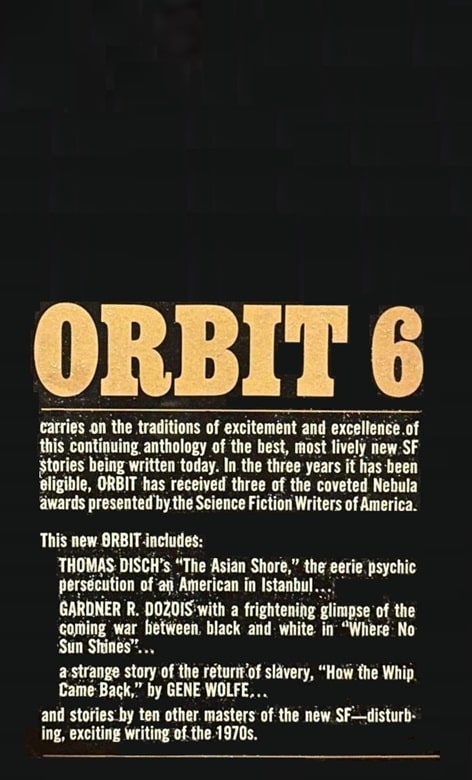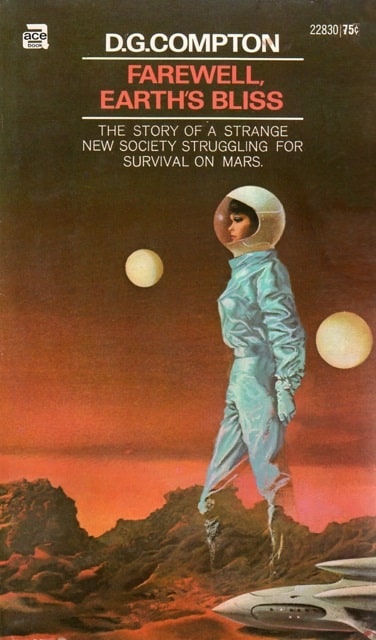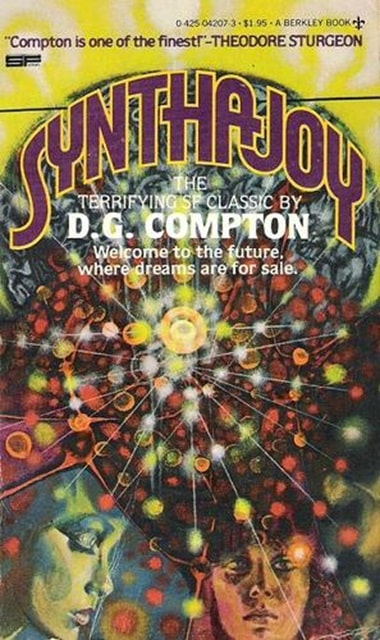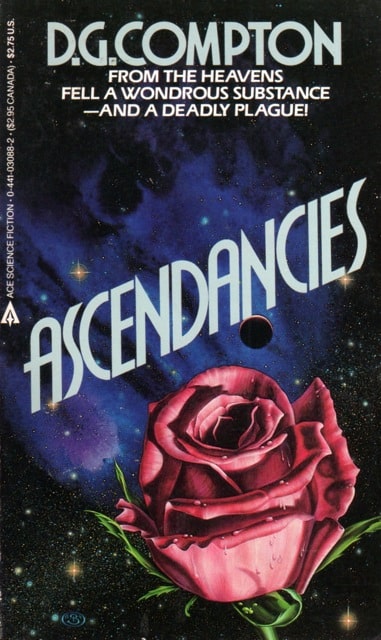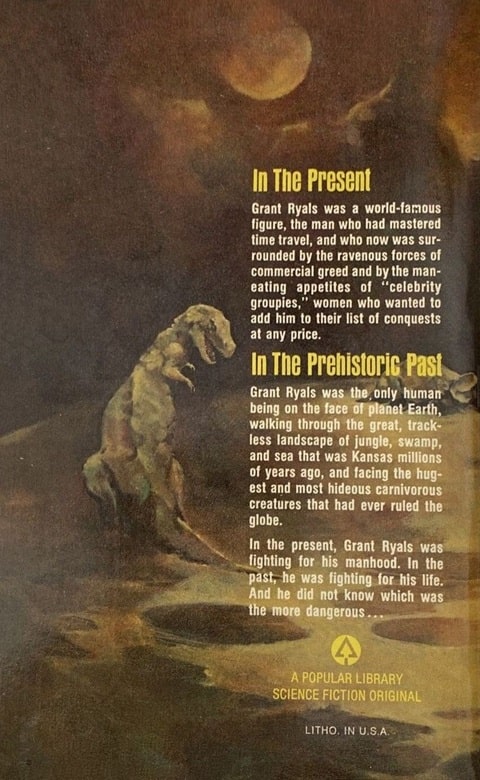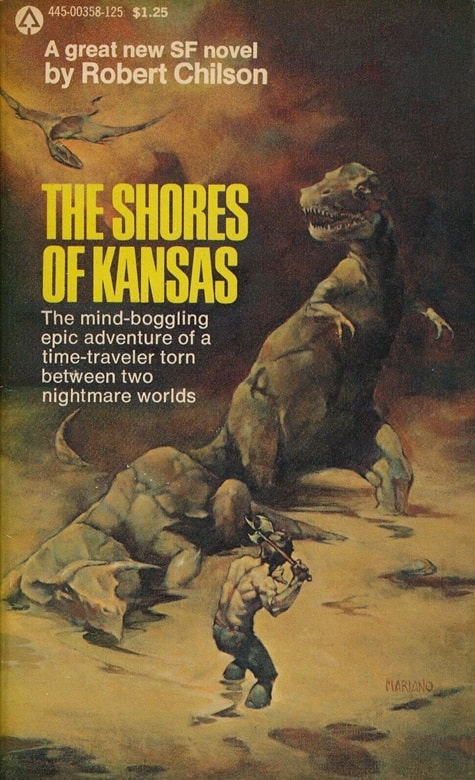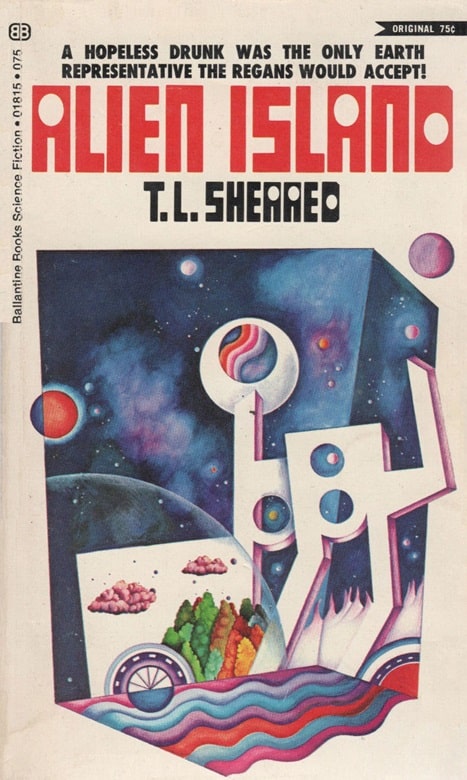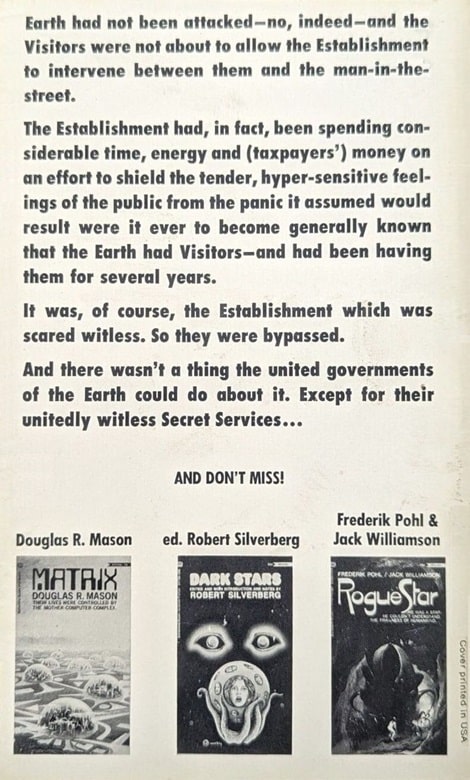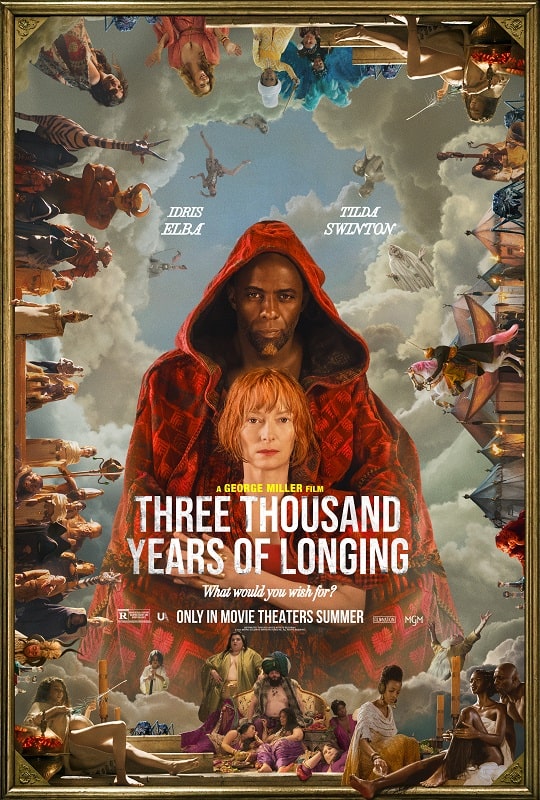Great Books Make You Cry
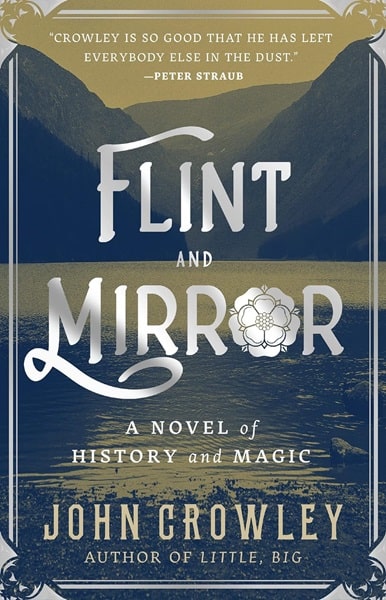 |
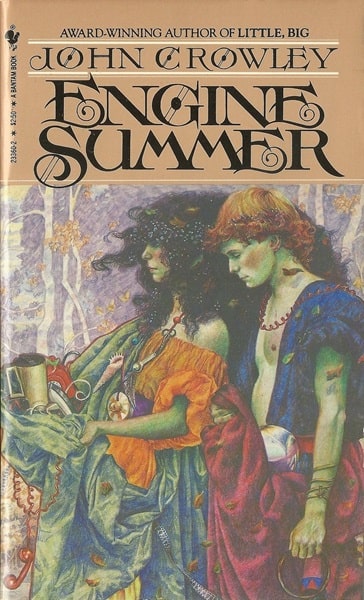 |
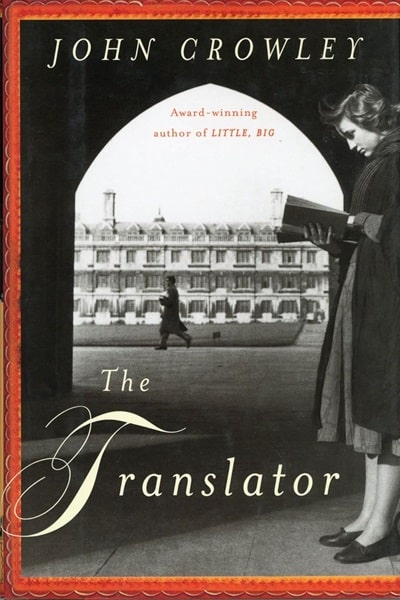 |
John Crowley’s Flint and Mirror (Tor, April 2022), Engine Summer (Bantam, December 1983), and The
Translator (William Morrow/HarperCollins, April 2002). Covers: unknown, Yvonne Gilbert, Chin-Yee Lai
Recently I mentioned that passages in John Crowley’s Flint and Mirror made me cry… and it was (nicely) hinted that maybe it’s odd for men to cry while reading.
The thing is, I cry often while reading. Sometimes for sad events, sometimes for joy, sometimes for anger, sometimes for wonder, sometimes for sheer beauty.
I mean, Crowley does it to me all the time. The conclusion of Engine Summer makes me tear up just thinking about it. (“Ever after. I promise. Now close your eyes.”) And the same for a few passages in The Translator. I was tearing up just trying to talk about “Great Work of Time” at a panel at Boskone a few years ago.
